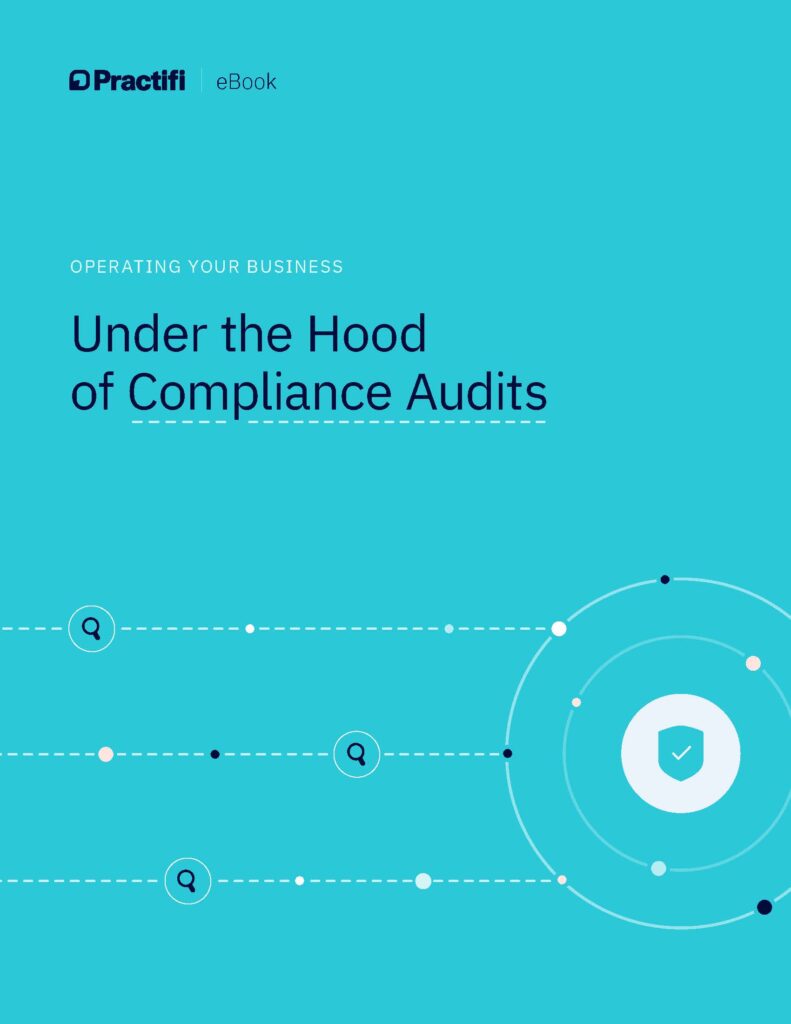
The Right Tech Stack Makes Compliance Easier

By Rosa Atkinson
Compliance has quickly become one of the most expensive and exhausting areas of running a financial advisory practice. Despite its importance, ensuring relentless adherence to regulatory standards while providing top-tier client service can be a significant challenge. Compliance is also an area of procrastination within a firm’s tech stack.
Despite the potential benefits of leveraging technology to meet compliance obligations, this procrastination often stems from perceived complexity and disruption. A 2022 J.D. Power survey indicated that 45% of advisors hesitated to integrate new technology, fearing workflow interruptions. Similarly, Cerulli Associates found that over 60% of advisors cited compliance as a significant challenge, contributing to delays in adopting tools that could simplify these tasks.
Regulatory bodies like the SEC and FINRA require strict adherence to a variety of rules, including maintaining stringent documentation of client communications and data protection policies. Here, technology could play a crucial role in streamlining operations, reducing human error and minimizing risks. So why do financial advisors struggle to adopt such solutions?
Playing the Long Game: Weighing the Pros and Cons of New Technology Solutions
Staying on the cutting edge of new advisor tech requires time — a luxury most growth-minded RIAs simply don’t have.
But the benefits of prioritizing an ideal tech stack could very well outweigh the challenges, helping advisors address compliance regulations with ease and reinforcing operational efficiency at every turn. With FINRA reporting regulatory fines well beyond $100 million each year, and Experian stating 91% of businesses experience data quality issues that ultimately impact their daily operations, firms should consider data validation and real-time syncing mission-critical features.
Perhaps advisor reluctance can also be explained by a Deloitte survey showing that 38% of financial professionals preferred legacy systems, deterred by the costs and perceived disruptions of transitioning to new platforms. Additionally, insights from an InvestmentNews study noted that advisors often prioritize immediate revenue-generating activities over long-term investments in compliance infrastructure.
To appropriately prepare for the future, though, advisors need to stop looking at the short game.
Designing a Compliance-Forward Tech Stack
We’ve compiled a list of all the key areas advisors should assess when rebuilding their tech stack with compliance at the forefront.
- Documentation and Recordkeeping
Financial advisors must maintain both comprehensive and accurate records of all client interactions, as well as any recommendations and client transactions, in order to comply with SEC and FINRA regulations.- Compliance Features to Look for in a CRM: A CRM with automated recordkeeping ensures all client interactions are logged and stored securely. This includes phone calls, emails, meetings, and notes from discussions.
- Audit Readiness
Financial advisory firm audits can be time-consuming and stressful if data isn’t carefully tracked and organized.- Compliance Features to Look for in a CRM: Audit trail capabilities can track every change made to client records, showing who made the changes and when. This is crucial for transparency and accountability.
- Data Privacy and Security
Protecting client data is essential to comply with regulations like the GDPR and the CCPA.- Compliance Features to Look for in a CRM: Data encryption, role-based access control, and a secure client portal ensure that sensitive data is only accessible by authorized personnel, reducing the risk of data breaches.
- Client Suitability and Risk Profiling
Ensuring that financial products or investment advice are suitable for a client’s risk profile and financial situation.- Compliance Features to Look for in a CRM: Built-in risk assessment tools and integration with financial planning software help advisors collect and evaluate client financial information to ensure compliance with suitability standards.
- Regulatory Reporting
Reporting to regulators can be complex and error-prone without proper tracking and data management.- Compliance Features to Look for in a CRM: Customizable reporting tools enable financial advisors to generate the necessary reports in the required format, saving time and reducing the likelihood of reporting errors.
- Client Communication and Disclosures
Advisors must provide disclosures and maintain transparency in client communications.- Compliance Features to Look for in a CRM: Automated communication templates and disclosure management ensure that proper disclosures are included in emails, contracts and documents sent to clients.
- Training and Compliance Updates
Keeping up with new regulations and ensuring the entire team is trained on compliance requirements.- Compliance Features to Look for in a CRM: Workflow automation and alerts for regulatory updates help keep advisors informed and compliant with changes in laws and standards.
- Client Consent and Electronic Signatures
Obtaining and storing client consent for various activities and ensuring documents are legally binding.- Compliance Features to Look for in a CRM: Integrated e-signature capabilities to help maintain secure and compliant documentation of client consent and authorizations.
- Data Accuracy and Reporting Standards
Maintaining accurate, up-to-date client information is essential for compliance and reporting.- Compliance Features to Look for in a CRM: Real-time data syncing, integrations with other financial systems, and data validation checks ensure that the information in the CRM is consistent and current.
Advisors need to rethink their approach to technology. The latest SEC reports exemplify the cost of non-compliance, citing $88 million in fines for eleven firms in 2024, and over $5 billion in 2023 fines, a 3% rise over 2022.
This highlights the urgency of adopting integrated technologies that enhance data accuracy and ensure rigorous adherence to compliance standards. Solutions that provide real-time data syncing, system integrations and validation checks not only simplify compliance but also strengthen client trust — critical in a competitive market where 52% of clients are willing to switch advisors over data accuracy concerns.
To remain competitive and compliant in 2025, advisors should shift their mindset, viewing compliance technology not as a disruption but as a strategic advantage. Proactive adoption of modern and compliant CRM solutions with automated compliance tools can reduce risks, improve operational efficiency, and position firms to meet both regulatory demands and client expectations with confidence.
Enhancing Compliance and Client Service With Practifi
Practifi’s comprehensive feature set is designed with compliance in mind, with APIs that enable automated documentation and robust audit trails to customizable reports. Practifi empowers advisors to focus on building client relationships while helping them maintain compliance. Embracing a financial advisor CRM technology like Practifi can transform a firm’s operational efficiency, safeguard client data, and make navigating the evolving regulatory environment easier.
With Practifi, staying compliant doesn’t have to be a burden — it can be an opportunity to enhance trust and efficiency in your firm.
Learn more about our product or book a demo today.









